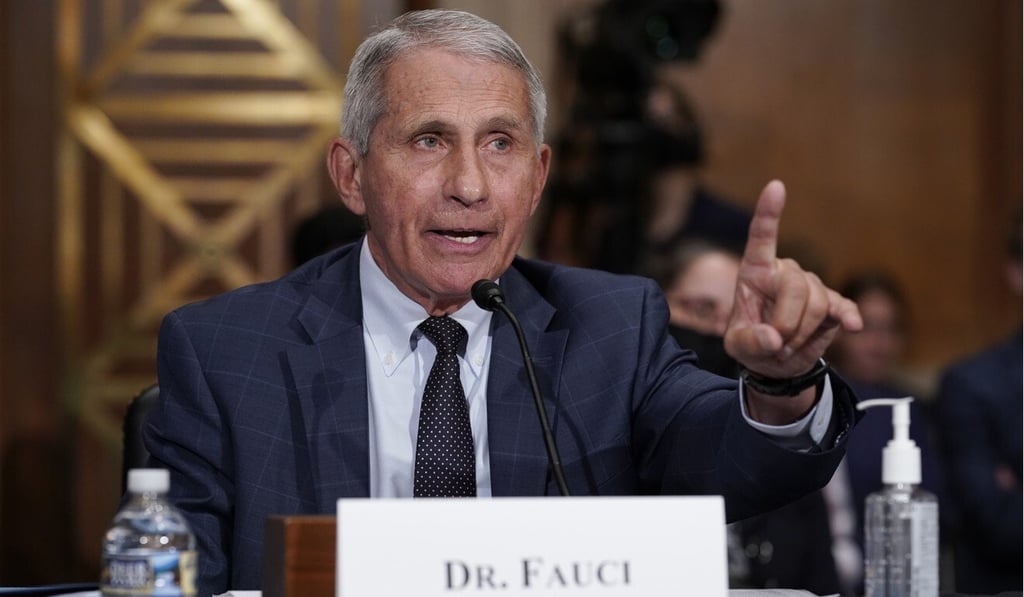A theory that the Covid-19 pandemic could have been sparked by the escape of a virus from a Chinese laboratory has amped up tensions between Washington and Beijing. It has also raised questions about US funding for bat coronavirus research at a lab at the heart of the controversy.
Among those driving the questions is US Senator Rand Paul, who has repeatedly accused Anthony Fauci, director of the National Institute of Allergy and Infectious Diseases (NIAID), of lying about US financing for gain of function research enhancing bat viruses at the Wuhan Institute of Virology, and suggested that Fauci is complicit in the start of the pandemic.

There is no evidence linking the viruses studied at the institute to the outbreak, and Fauci has repudiated the accusations. Fauci has denied that his agency funded gain of function work at the lab and railed against the senator for what he contends is Paul’s misconstruing of the research and its implications.
Even so, Paul, a Kentucky Republican, upped his claims last week following the release of documents from the National Institutes of Health (NIH) obtained through a freedom of information lawsuit by The Intercept digital news outlet.
The documents, which provide further detail about work undertaken with US financing in Wuhan, have spurred scientific debate about what constitutes gain of function – a broad term that can refer to tightly regulated manipulation of pathogens – and what risks are acceptable in research.







